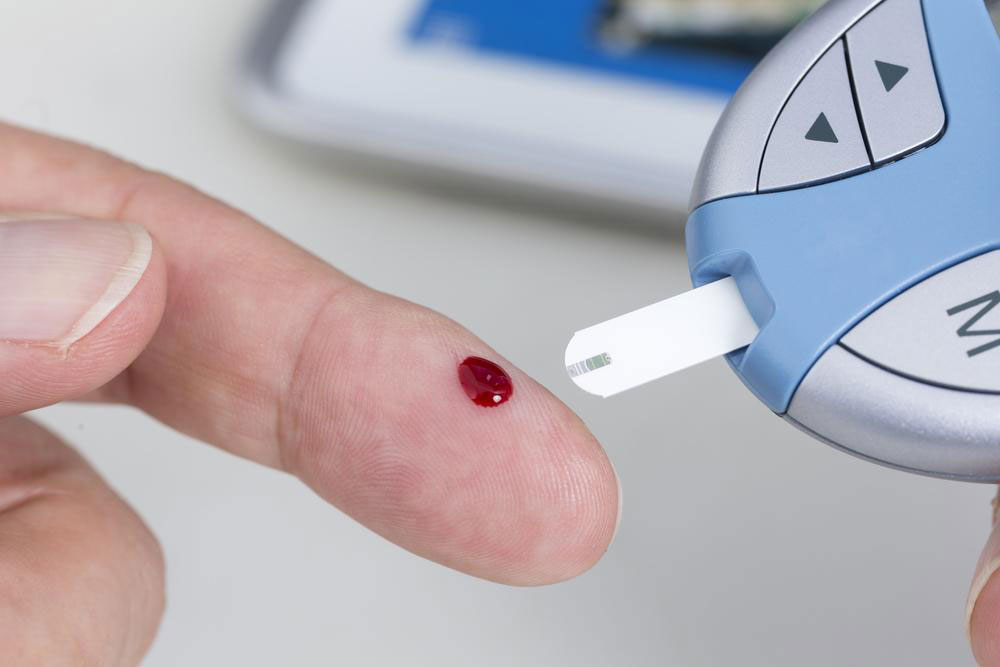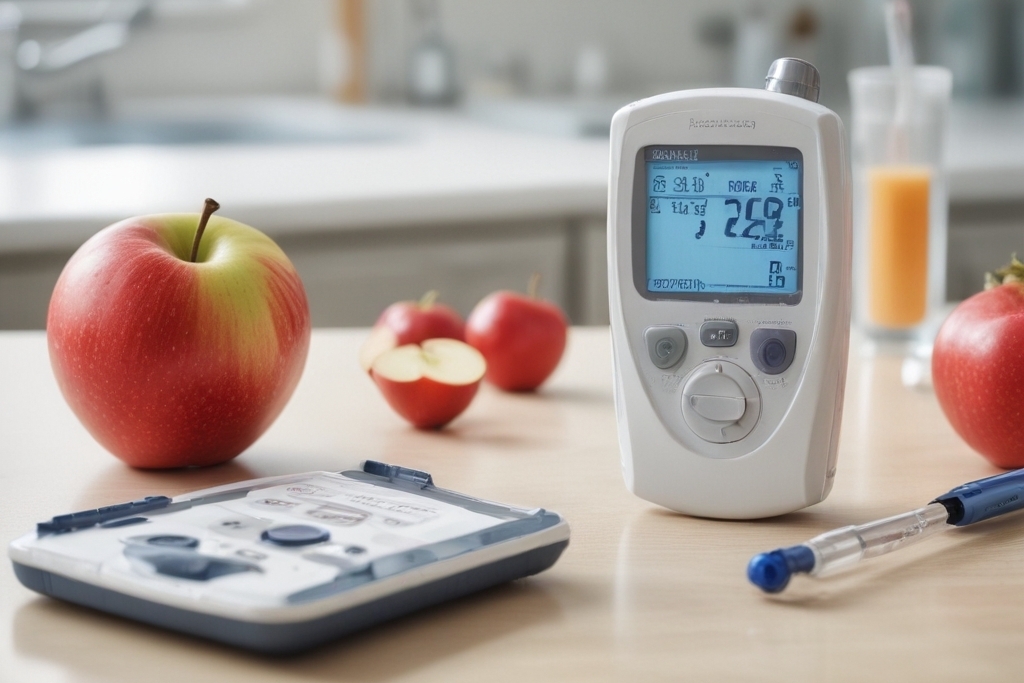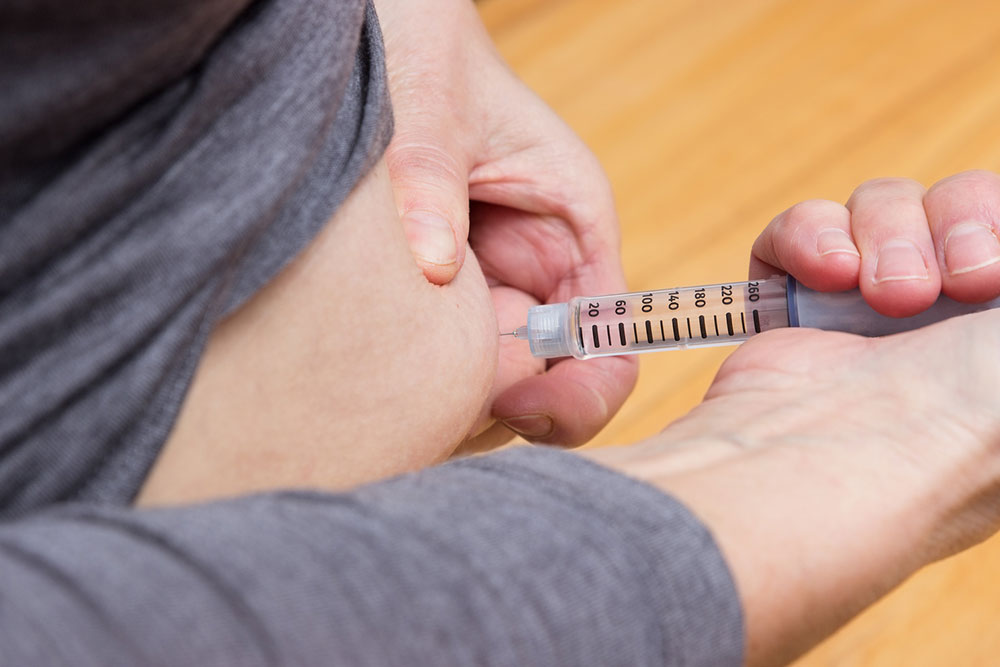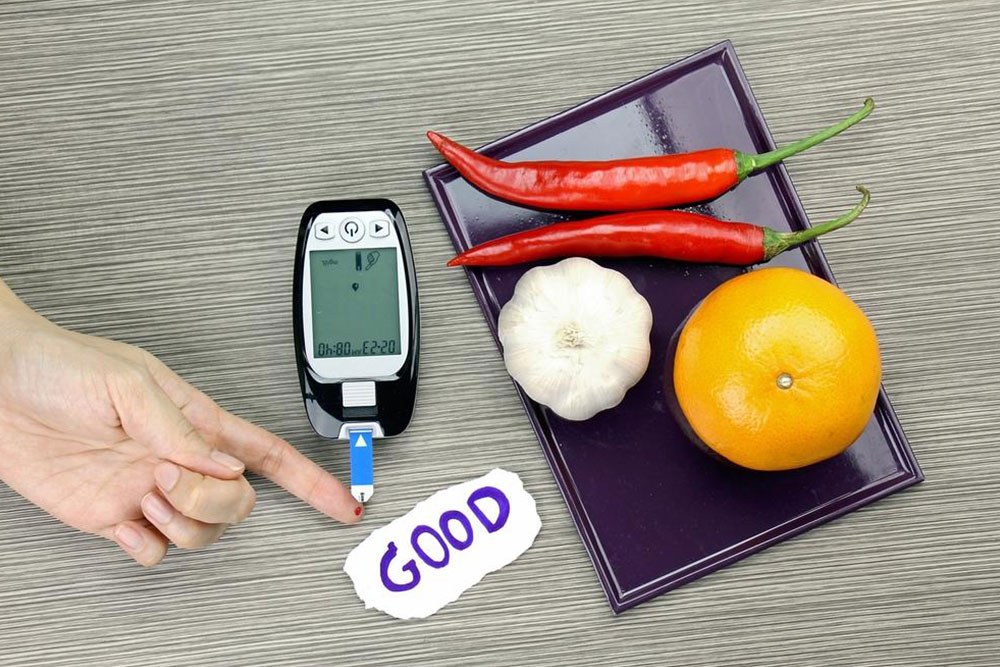Recognizing Low Blood Sugar Symptoms: What You Need to Know
Learn to identify the key signs of low blood sugar levels to prevent complications. This article covers common symptoms like hunger, shakiness, night discomfort, dizziness, sweating, and mood changes. Regular monitoring and prompt treatment are essential for effective management, especially for diabetics. Understanding these signs helps in quick response, avoiding serious health risks associated with hypoglycemia. Stay vigilant about your blood sugar levels and seek medical advice when needed to maintain overall health and safety.

Recognizing Low Blood Sugar Symptoms: What You Need to Know
Are you experiencing unexplained changes in your body? These could be signs of low blood sugar, also known as hypoglycemia.
Hypoglycemia occurs when blood glucose levels fall below normal, typically under 70 mg/dl. Since glucose is the primary energy source for muscles and brain cells, a deficiency can impair their function. This condition is common among diabetics, especially those on insulin. Mild cases can usually be managed with a quick snack high in sugar, but untreated hypoglycemia can lead to serious health issues like confusion, fainting, or even seizures and coma if it persists.
Common in type 2 diabetics and those using insulin, hypoglycemia often presents with noticeable symptoms that require prompt attention. Recognizing these signs early can prevent escalation and serious complications. Here are some key symptoms to watch for:
Persistent hunger: Feeling hungry despite recent eating may indicate your body needs more glucose. Consuming fruit, raisins, or hard candy can provide quick relief.
Trembling and shakiness: Low blood sugar affects nervous system function, leading to involuntary movements like shivering.
Feeling anxious or jittery: A sudden adrenaline release, triggered by low glucose, can cause nervousness and agitation.
Nighttime restlessness: Nocturnal hypoglycemia may cause nightmares, sweating, sudden awakenings, or confusion upon waking.
Dizziness or lightheadedness: These symptoms can lead to falls or injuries; sitting or lying down immediately is advised if they occur.
Excessive sweating: Sudden sweating despite weather conditions is an early indicator of low blood sugar.
Mood swings and confusion: Unexpected emotional outbursts or difficulty concentrating may also signal low glucose levels.
Monitoring your blood sugar regularly and acting swiftly upon symptoms can help prevent serious health problems. Awareness and early intervention are key to managing hypoglycemia effectively.









